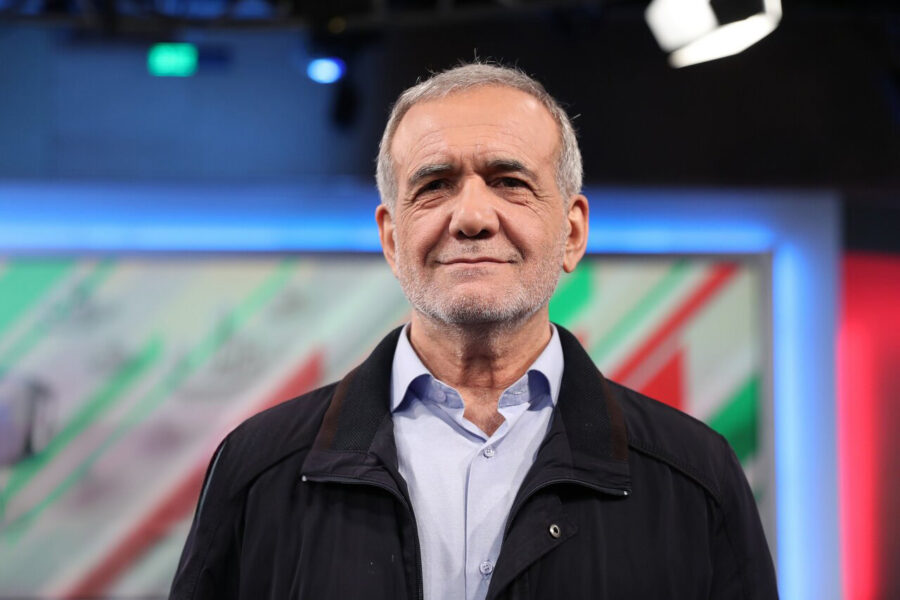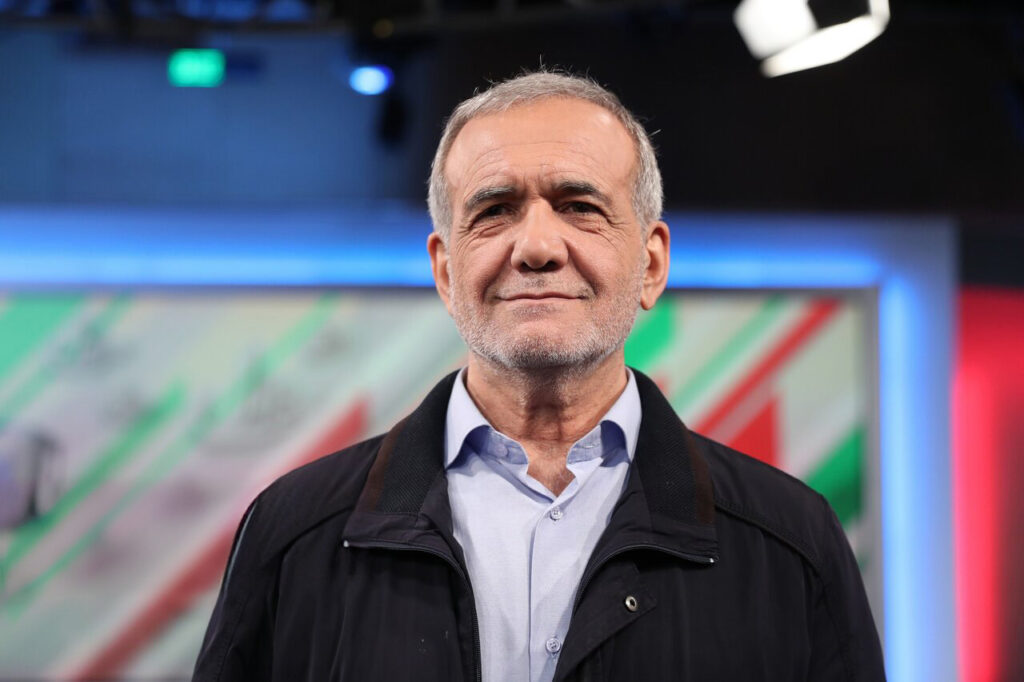Politics
Iran Says It Will Continue Nuclear Talks With Trump Administration

Iran’s president said his country will continue to engage in discussions with the United States over its nuclear program in the coming weeks. President Trump has declared a red line over the Iran’s rapidly-expanding program and has not ruled out the use of military force if a deal is not reached.
“We are negotiating, and we will negotiate , we are not after war but we do not fear any threat,” President Masoud Pezeshkian said during a speech to navy officials broadcast by Iranian state television on Saturday.
“It is not like that they think if they threaten us , we will give up our human right and definite right,” Pezeshkian said. “We will not withdraw, we will not easily loose honorable military, scientific, nuclear in all fields.”
Negotiations between the two sides have reached the “expert” level, meaning they are trying to come to an agreement on the details of a possible deal, according to a report from the Associated Press. Enrichment of uranium remains a key sticking point, as the Trump Administration has said the program must end completely, while Tehran is demanding it be allowed to keep the program for what it claims are civilian energy projects.
Iranian officials have increasingly warned that they could pursue a nuclear weapon with their stockpile of uranium enriched to near weapons-grade levels. Trump has deemed this unacceptable and has not ruled out the possibility of airstrikes on Iranian nuclear facilities.

Iranian President Masoud Pezeshkian
On Friday, Trump announced that Iran had received a formal proposal in the negotiations, though he did not provide additional details.
During his trip to the region this week, Trump reiterated that Iran will not be allowed to obtain nuclear weapons during every stop. U.S. intelligence agencies believe Iran is not currently pursuing a bomb, though their uranium enrichment capabilities are close to the required levels.
Mohammad Eslami, the head of Iran’s atomic organization, stressed the peaceful nature of the program, saying it is under “continuous” monitoring by the United Nations. “No country is monitored by the agency like us,” Eslami said, adding that the agency inspected the country’s nuclear facilities more than 450 times in 2024. “Something about 25 percent of all the agency inspections” in the year.
Steve Witkoff, the president’s Middle East envoy, met with Iranian Foreign Minister Abbas Araghchi in Oman last month. While the talks were brief, it marked the first time the two nations have conducted direct diplomacy since the Obama Administration.
The White House described the discussions as “very positive and constructive,” while adding that resolving the long-running crisis is “very complicated” and must resolved swiftly.
During the talks, Iran proposed an interim nuclear deal in hopes of buying more time for more complex negotiations, according to a report from the Associated Press. “Special Envoy Witkoff’s direct communication today was a step forward in achieving a mutually beneficial outcome,” the White House said.
Any potential agreement will likely contain sanctions relief for Iran’s beleaguered economy in exchange for restrictions on uranium enrichment. Under the 2015 nuclear deal, Iran could only maintain a small stockpile of uranium enriched to 3.67 percent.
Today, Tehran’s stockpile could allow it to build multiple nuclear weapons if it so chooses. It also has some material enriched up to 60 percent, a short step away from weapons-grade levels, the AP noted.

